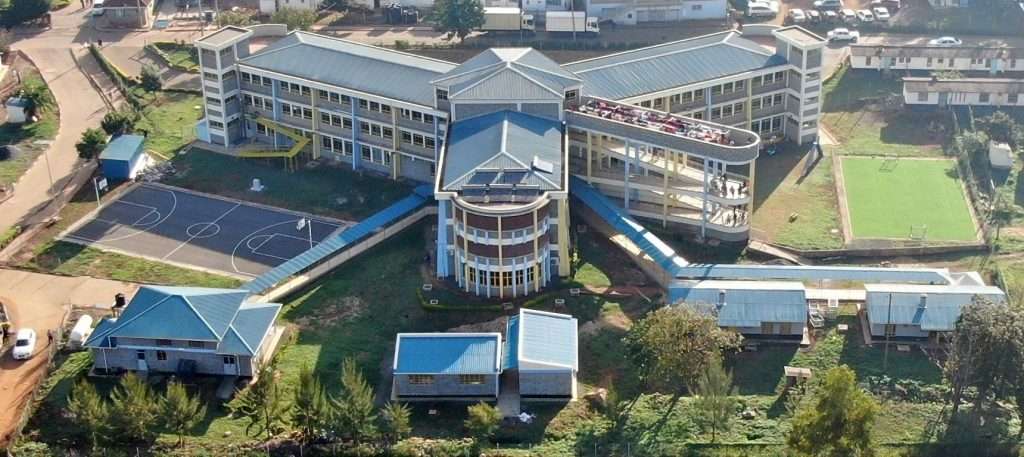By The Weekly Vision Political Desk
The long battle over the National Government Constituencies Development Fund (NG-CDF) faces a decisive showdown, as the Senate and the Court of Appeal now prepare to rule on whether the fund will endure or be dissolved.
To unlock the full article:
Choose one of the options below:
- Ksh 10 – This article only
- Ksh 300 – Monthly subscription
- Ksh 2340 – Yearly subscription (10% off)
Despite calls by some political leaders to devolve the National Government Constituencies Development Fund (NG-CDF), Members of Parliament are steadfast in their defense of the fund, citing its importance to local development.
At the heart of the standoff lies a familiar question in Kenyan politics: who controls development at the grassroots?
For MPs, the NG-CDF represents far more than a financial tool. It is a direct and tangible link to their constituents, a channel through which they can deliver visible projects and reinforce their political presence. Transferring the fund to county governments would, in their view, erode that link and diminish their influence in local affairs.
Speaking at Kasiri Primary School in Rarieda during the commissioning of five renovated classrooms financed through the NG-CDF, Rarieda MP and constitutional lawyer Dr Otiende Amollo called on the Senate to endorse the National Assembly’s decision to retain the fund under MPs’ stewardship.
“We did expansive consultations on the NG-CDF and 98 percent of Kenyans supported the idea of retaining it under MPs,” Amollo said. “The public understands the value of this fund, it is not for MPs, it is for the people.”
He warned that abolishing or devolving the fund would be a major setback, particularly for education in poorer constituencies. Parents already struggling with school fees, he said, would now be forced to raise funds through harambees to construct classrooms and other facilities.
“If you remove NG-CDF, the public will be forced to do harambees to build classrooms. That’s an unfair load on parents who are already struggling,” he argued.
While acknowledging criticism that MPs wield excessive control over the fund, Dr. Amollo said he was open to discussions on revising administrative powers, but insisted that the fund itself must remain intact.
“The issue of control can be looked into, but let the fund remain. That’s what matters to the people,” he added, stressing that “the buck now stops with the Senate” on whether to protect NG-CDF through the proposed amendments.
The fund’s future also hangs in the balance following a 2023 High Court decision declaring the NG-CDF unconstitutional. The National Assembly has since lodged an appeal, with MPs confident that the Court of Appeal will overturn the ruling. Dr Amollo, part of the legal team representing Parliament, expressed optimism that justice would prevail.
Echoing Amollo’s sentiments, Teso North MP Oku Kaunya cautioned that the Senate risks alienating the public if it fails to back the National Assembly’s position. Speaking during the commissioning of 16 new classrooms in Busia County, Kaunya said abolishing the fund would erase hard-won gains in education and local development.
“It’s unfortunate that the NG-CDF faces legal threats of extinction. This fund has been a game changer, especially in education. We passed the bill in the National Assembly, and we’re hopeful the Senate will stand with us,” Kaunya said.
He pointed to schools, water projects, and security installations across constituencies as evidence of the fund’s tangible impact.
Meanwhile, pressure is mounting on the National Treasury to release KSh 58.7 billion allocated to the NG-CDF for the current financial year. MPs fear that the delays, compounded by the ongoing legal tussle, are stalling essential projects and fuelling public frustration.
The current standoff reflects a broader national debate over resource distribution and governance. Proponents of devolution argue that all development funds should flow through county governments to enhance accountability, while MPs insist that NG-CDF offers a more direct, efficient, and transparent mechanism for grassroots development.
Whether this is a fight for effective service delivery or a struggle to retain political control, one fact remains undisputed: the NG-CDF has become one of Kenya’s most politically sensitive and publicly visible funds. Its fate will likely redefine the balance of power between Parliament, the Judiciary, and county governments, and could reshape the very architecture of Kenya’s development model.
As the Senate debates the amended NG-CDF Bill and the Court of Appeal prepares its ruling, the country watches closely. For now, MPs are standing firm, determined to keep the fund and their political leverage firmly in their hands.
[/full]




